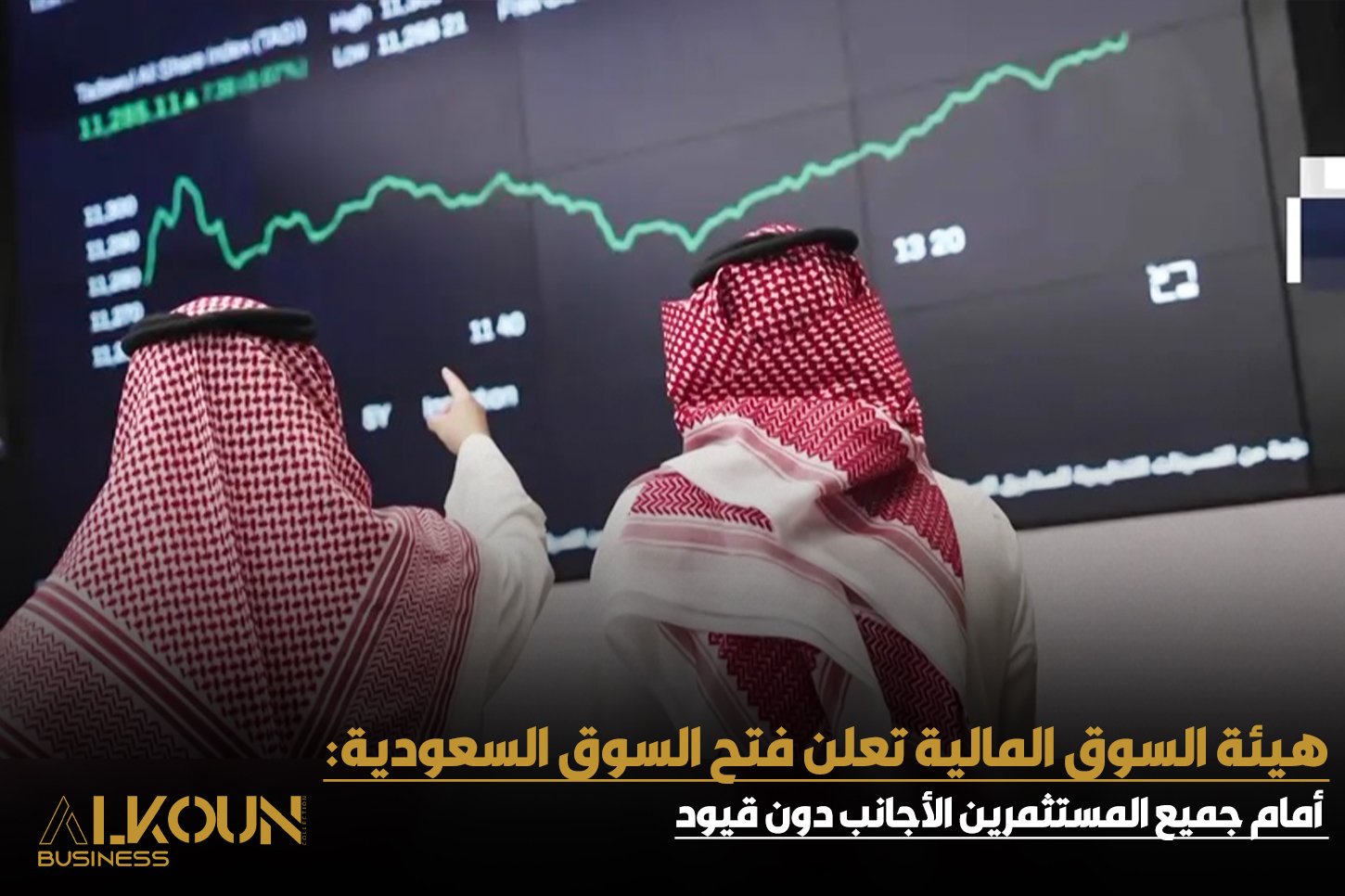Talal Abu-Ghazaleh
Recent reports produced by both the IMF and the World Bank indicate that world economies face a bleak outlook in 2023, as several factors threaten to tip them into a prolonged recession, including low growth figures and fragile financial institutions.
According to the IMF’s World Economic Outlook April 2023 update, global output growth is expected to fall from 3.4% in 2022 to 2.8% in 2023. The report cites monetary tightening, geopolitical tensions, trade disruptions, and financial vulnerabilities as some of the main risks to the recovery. The World Bank’s Global Economic Prospects report, released in January 2023, has projected a slowdown in global growth to 2.9% in 2023, down from 3.1% in 2022. The report highlighted the challenges posed by high debt levels, low productivity growth, and environmental degradation.
One of the main factors behind this slowdown is the effect of monetary tightening on the global financial system. In 2022, several central banks, especially in the US and Europe, raised interest rates to curb inflation and stabilize their currencies. However, this also burst several asset bubbles that had been inflated by years of cheap money and quantitative easing. As a result, many borrowers and financial institutions face an interest rate shock that has increased their debt burdens and reduced their profitability.
This is similar to what happened before the great depression that began in 1929, where the Federal Reserve relaxed credit standards and reduced interest rates that led to excessive debt and speculation. By 1929, signs of trouble emerged and investors started to cash out, which led to one of the longest and deepest depressions of all time that originated in the US, but affected every nation across the globe.
Another factor today is the fragmentation of the global financial system due to geopolitical tensions and deglobalization. The COVID pandemic, the war in Ukraine and the US-Sino rivalry have disrupted global trade, supply chains and cooperation. If the world’s largest economies do not cooperate on the financial stabilization of their ecomomies, they could trigger a recession that could lead to more debt and further financial crises that would exacerbate economic stagflation.
I wish to add that as a former member of the “World Trade Organization (WTO) panel on defining the future of trade”, I was expecting these recessions and I called for greater multilateral coordination on fiscal and monetary policies that are urgently needed to revive the global economy and to avoid this situation from deteriorating even further.
Economic Reports Point to a Possible Recession
































